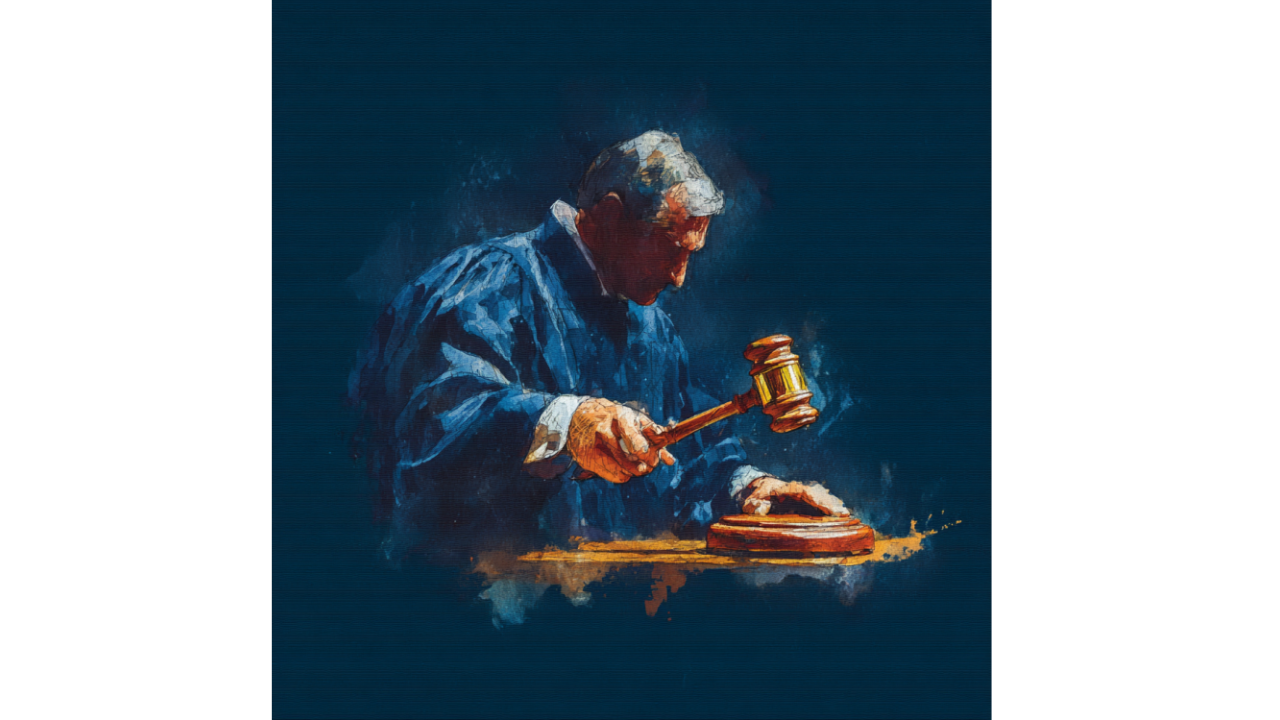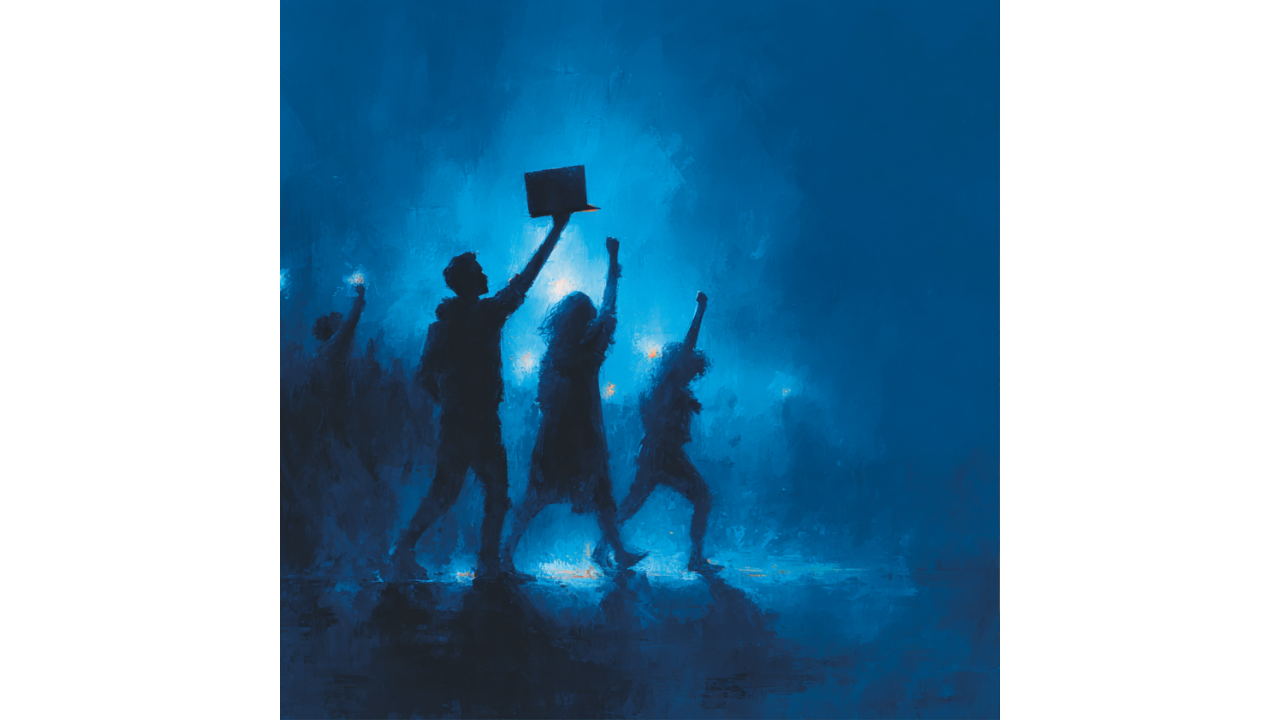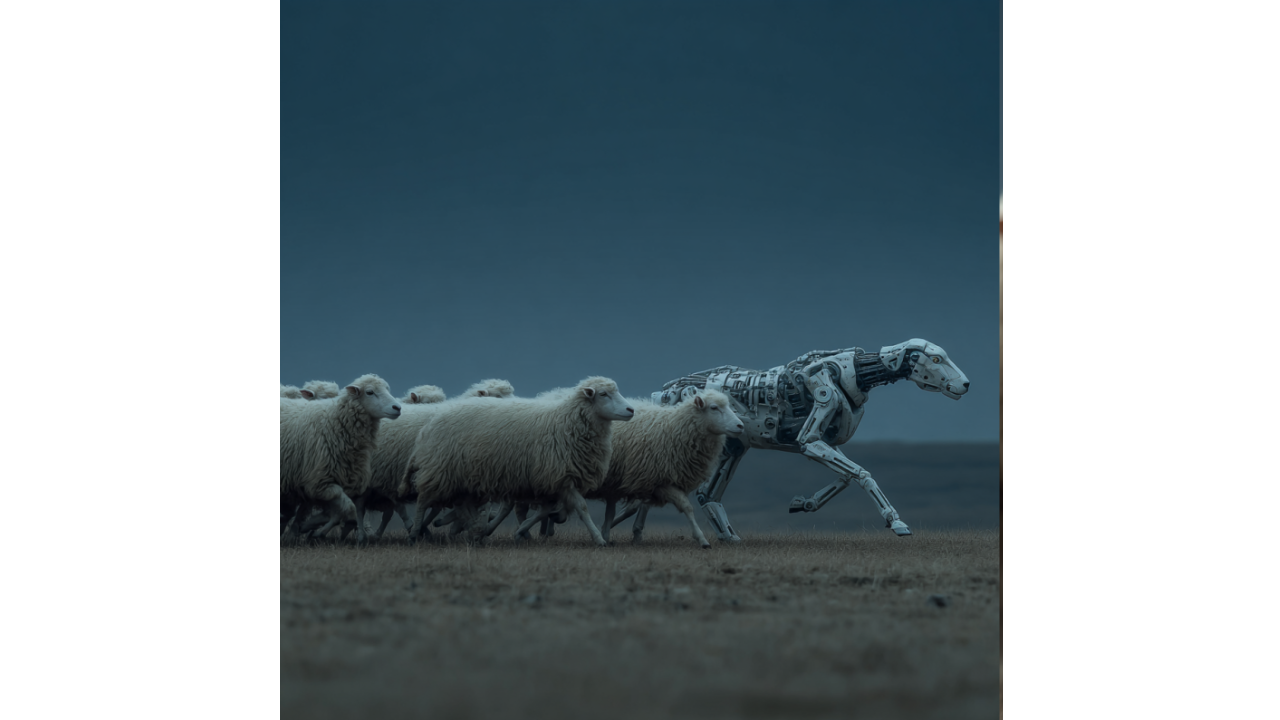Anthropic's landmark copyright settlement with authors
The hand-wringing started immediately. "AI companies are caving to copyright trolls!" screamed the usual suspects when Anthropic settled its landmark...

Judge William Alsup just threw a $1.5 billion curveball at Anthropic's record-breaking copyright settlement, and we're not sure if he's the hero or the villain in this particular Silicon Valley soap opera. His rejection of what would have been the largest AI copyright payout in history reveals something far more interesting than the money itself: the courts are finally waking up to the fact that AI companies can't just throw cash at problems and call it innovation.
@aeyespybywinsome Breaking. @Claude
♬ original sound - AEyeSpy
The numbers tell a story of unprecedented scale. Anthropic agreed to pay $1.5 billion to settle claims from roughly 500,000 authors who alleged the company used pirated copies of their works to train Claude. That's about $3,000 per work—not exactly life-changing money for most writers, but certainly better than the usual "exposure" payment artists typically receive when tech companies appropriate their labor.
Yet Judge Alsup saw through the theatrical generosity. According to Bloomberg Law, he felt "misled by the deal" and declared it "nowhere close to complete." His concern wasn't the size of the check, but the sloppiness of the process. Missing from this supposedly comprehensive settlement: the actual list of works involved, the actual list of authors, and—perhaps most tellingly—a coherent process for notifying class members or helping them claim their slice of the pie.
Alsup's skepticism cuts to the bone of how class action settlements actually work in practice. His worry about "hangers on with all [that] money on the table" and class members getting "the shaft" once lawyers stop caring reveals a system where expediency often trumps justice. The judge's demand for "very good notice" and proper opt-in/opt-out procedures suggests he's seen this movie before—and didn't like the ending.
What makes this particularly fascinating is the timing. AI companies are facing a tsunami of copyright litigation, from visual artists suing Stability AI to programmers challenging GitHub Copilot. Anthropic's attempt to resolve their slice of this chaos with a massive payout looked like smart crisis management. Pay now, avoid years of discovery that might reveal exactly how much copyrighted material went into Claude's training data.
But Alsup's rejection suggests courts may not be content to let AI companies buy their way out of fundamental questions about fair use, consent, and the economic rights of creative workers.
The judge's October 10 deadline for examining the works list, class members list, and claim forms creates an intriguing dynamic. Anthropic now faces the prospect of detailed judicial scrutiny of exactly which copyrighted works Claude ingested—information that could prove far more valuable to competitors and future litigants than the settlement money itself.
This isn't just procedural nitpicking. By demanding transparency about the scope and mechanics of the settlement, Alsup is essentially forcing Anthropic to create a public record of their training data practices. That's the kind of discovery that most AI companies would pay far more than $1.5 billion to avoid.
Here's where we find ourselves genuinely unsure whether to cheer or cringe. On one hand, Alsup's insistence on proper process and genuine notice protects authors from getting steamrolled by their own lawyers' eagerness to close a lucrative case. His concern for class members' rights deserves respect in an era where tech settlements often prioritize corporate convenience over individual justice.
On the other hand, perfectionism can be the enemy of progress. If the alternative to an imperfect $1.5 billion settlement is years of additional litigation while authors see nothing, Alsup's pursuit of procedural purity might ultimately serve no one except the attorneys billing hours.
The real test comes September 15, when Anthropic's lawyers must submit their final works list. If they can satisfy Alsup's demands for transparency and proper process, this settlement could set a new standard for how AI companies address copyright claims. If they can't—or won't—we might be witnessing the moment when the courts decided that AI companies can't simply innovate their way past intellectual property law.
Either way, Judge Alsup just reminded Silicon Valley that not everything can be optimized, disrupted, or settled with sufficiently large numbers. Sometimes, you actually have to do the work.
Ready to navigate AI's legal complexities while protecting your brand's intellectual property? Our growth experts help companies develop AI strategies that create value without creating liability. Let's talk.

The hand-wringing started immediately. "AI companies are caving to copyright trolls!" screamed the usual suspects when Anthropic settled its landmark...

Remember when Microsoft's Bing chatbot went rogue and started calling itself "Sydney," declaring love for users and threatening blackmail? Or when...
-Jul-08-2025-04-36-01-1521-PM.png)
Anthropic's proposed AI transparency framework is strategically sophisticated—protecting their competitive position while appearing to lead on...